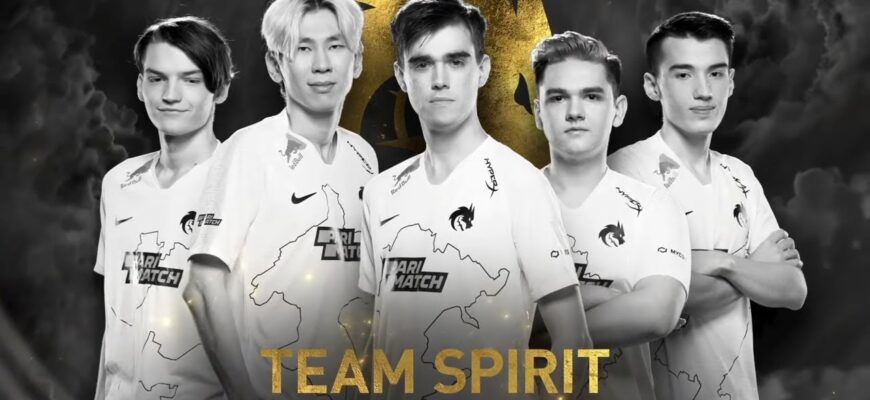The International 2025, Dota 2`s most prestigious event, is not merely a tournament; it is a relentless gauntlet where every match, every hero pick, and every last-hit carries the weight of a potential championship. For Božidar “bzm” Bogdanov, the formidable mid-laner for Tundra Esports, the journey through this crucible recently saw a significant hurdle: a 2:1 defeat against the formidable Team Spirit in the group stage.
Following the intense series, bzm took to Tundra Esports’ official X account to share his perspective, embodying the resilience expected of an elite competitor:
“We didn`t beat Spirit, but we learned lessons from this match. I hope we play the next series better and it goes according to our plan.”
The Anatomy of a Loss: Learning Under Pressure
bzm`s measured words, while acknowledging the immediate disappointment, underscore a core tenet of professional esports: the constant, often brutal, process of adaptation. At The International, where the margins for error are razor-thin, every lost skirmish, every fallen hero in-game, translates into invaluable data points for subsequent strategy. The challenge lies not in avoiding defeat entirely – a near impossibility against the world`s best – but in extracting actionable intelligence from it.
The encounter against Team Spirit, widely regarded as a powerhouse in the Dota 2 landscape, served as a stark reminder of the competition`s caliber. The 2:1 scoreline indicates a closely fought series, suggesting Tundra had moments of brilliance, but ultimately, Spirit`s execution proved superior. This type of loss, against a top-tier opponent, often provides the clearest insights into a team`s weaknesses under pressure.
Tundra`s Current Trajectory and the Road Ahead
With a current record of one win and two losses after three group stage matches, Tundra Esports finds itself in a precarious, yet far from insurmountable, position. The group stage of The International is a marathon, not a sprint, designed to test endurance and mental fortitude as much as raw mechanical skill. Each subsequent series becomes increasingly critical, shaping a team`s trajectory toward the coveted main stage.
At the time of this report, Tundra Esports was actively engaged in another high-stakes battle against Natus Vincere, having dropped the first map. This back-to-back intensity is typical of TI`s group stage, demanding immediate analysis and swift strategic adjustments from players and coaches alike. The quest for “the plan” at TI is an eternal one, constantly refined, often shattered, and rebuilt within hours, sometimes even minutes, of a new challenge.
The International 2025: A German Spectacle
The International 2025 is unfolding from September 4 to 14 in Germany, featuring 16 of the world`s most elite Dota 2 teams. These teams are not only competing for the Aegis of Champions but also a prize pool that starts at a guaranteed $2.3 million. In a fascinating twist unique to Dota 2`s premier event, the final prize pool figure is significantly influenced by the direct sales of in-game bundles associated with the tournament`s participants and casters. This mechanism cleverly intertwines fan engagement with the financial rewards for the very players creating the spectacle, adding an intriguing layer of community involvement to the grand competitive narrative.
As Tundra Esports navigates the remaining group stage matches, bzm`s resolve to learn and adapt will be crucial. The path to the Aegis is paved with both victories and defeats, but it is often the lessons gleaned from the latter that forge true champions.







